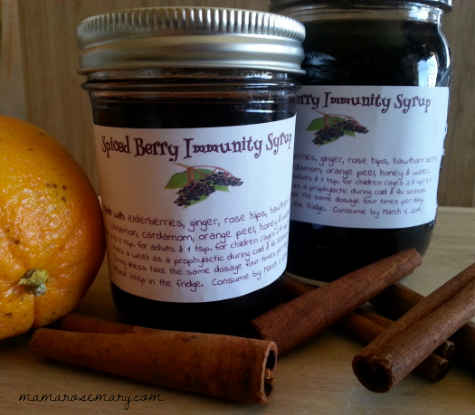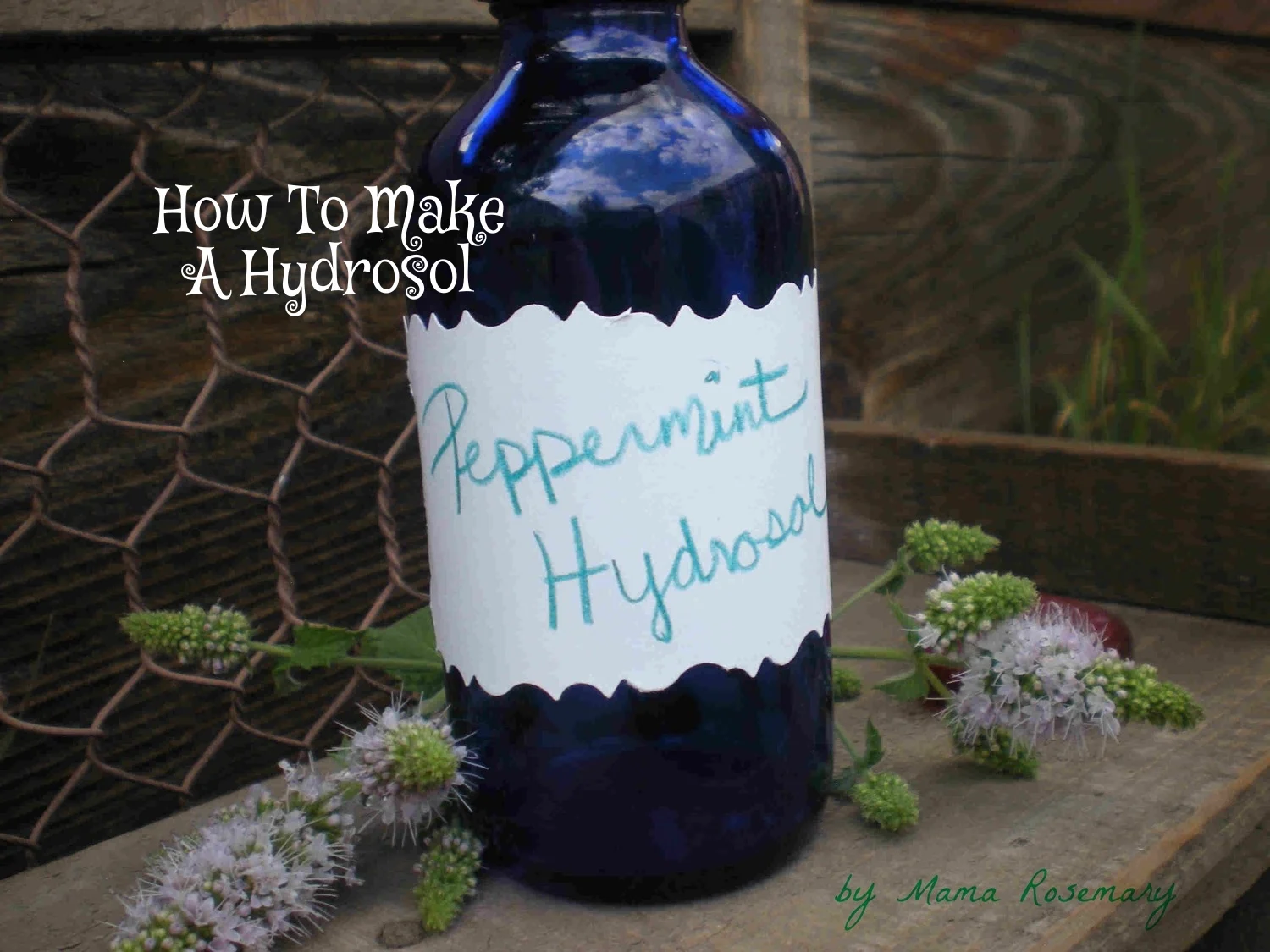Hawthorn For Heart Health & More
/This herbal monograph was first published
in Natural Herbal Living Magazine, February 2014
Hawthorn
Common Name: Hawthorn, Mayblossom, Thorn, Thornapple
Latin Name: Crataegus spp.
Family: Rosaceae
ACTIONS: Cardiotonic, Cardioprotective, Trophorestorative, Diuretic, Astringent, Tonic, Nutritive, Mucilaginous, Antioxidant, Hypotensive
PARTS USED: Berries, Flowers, Leaves, & Tips of Branches
Steeped in lore and tradition, this lovely member of the rose family has a long history of use in healing humanity’s woes. It’s historical use stretches around the globe from cultures in Europe to China and on to the Native Americans. In European traditions Hawthorn is associated with fertility, Spring and May Day celebrations. It was also considered to be a sacred plant offering protection against evil and illness.1 It is believed to be the plant from which the Crown of Thorns came that sat atop Christ’s head. Medicinally hawthorn was used to treat ailments of the heart and as a nutritious food. In China “hawthorn was first mentioned as a drug in the Tang-Ben-Cao, dating to 659 AD. This work is considered the worlds' first official pharmacopoeia.”2 Native Americans used the plant for easing digestive issues, for treating the urinary tract, to restore the heart and as a food plant.3
Hawthorn is most commonly known as superb herb for the heart and circulatory system. In fact many herbalists consider it the herb for the heart. It’s gentle action nourishes and tones, strengthening the whole circulatory system. Hawthorn is a trophorestorative for the heart. Meaning that it brings balance to the heart when used long term, truly and deeply helping to correct excess or deficient tendencies while revitalizing both function and structure. Wondrous in its capacity as a heart tonic, hawthorn has the ability to stimulate or depress the heart and circulatory system in response to the needs of the body. It is used to treat both high and low blood pressure and may help those suffering with postural hypotension.4 It’s rich antioxidant content provides excellent nourishment for the body and heart offering protection from free radical damage.
Hawthorn helps those with atherosclerosis (hardening of the arteries) with it’s vasodilating effect making it a wonderful remedy for for high blood pressure and angina. Hawthorn’s vasodilating effect also helps alleviate poor circulation from aging.5 It improves strength of the heart and regulates the heart’s rhythm. Herbalist Feather Jones explains that hawthorn “has the ability to impart muscular tone to cardiac action making each beat count.”6 As a preventative, hawthorn helps to maintain and improve the “connective tissue structure of the endothelial lining of the heart, blood and lymphatic vessels.”7 Which helps these structures age well and prevents injury. This amazing herb is specific for a multitude of heart and circulatory ailments including degenerative heart disease, weakness of the cardiovascular system, congestive heart failure, coronary artery disease, hyper- and hypotension, angina, endocarditis, dyspnea, edema, varicosities and venous stasis.
Hawthorn helps comfort a nervous heart and associated conditions such as palpitations and arrhythmia. It also helps to ease symptoms of nervous unrest such as anxiety, depression, and even insomnia. It helps to open the heart enabling easier expression of emotions. Sharol Tilgner explains that “hawthorn is indicated for irritable nervous heart conditions, [including] those related to an emotional or spiritual heartache from a disconnection with the spirit, in conjunction with weak or slow digestion.”8
Mountain Rose Herbs carries an excellent array of Hawthorn Products from the berries, flower & leaf for making your own herbal creations to ready made herbal remedies!
Native American’s used a root decoction to help ease diarrhea, dysentery and as a tonic for problems in the female reproductive system .9 The berries astringent action can also be put to good use in cases of diarrhea. In Chinese medicine the fruits are considered to be warming and sour finding use in treating stagnant digestion associated with bloating, pain and diarrhea.10 The berries can be used to treat irritable bowel syndrome relieving related gas and constipation and Crohn’s disease.11
All of this and guess what? Hawthorn is tasty too! Hawthorn gentle action is slow and deep and should be taken for one to three months to effect change. Preparations for hawthorn include teas, tinctures, capsules and syrups as well as using the berries as a tasty food.
CONTRAINDICATIONS & PRECAUTIONS
Heart disease is serious and must not be self-treated. Always work with a knowledgeable professional to insure the best care. Hawthorn use may lessen the need for heart medications. Therefore in these cases it is essential that consult with your physician before use. Excessive consumption of hawthorn berry tea may cause mild diarrhea.12
You May Also Like ~
This article was first published in Natural Herbal Living Magazine. Published monthly, each issue of Natural Herbal Living Magazine gives its readers a focused study of a single herb for the month through the hearts and minds of a diverse group of herbalists. There is also an herb box you can sign-up for that is acompanion to the magazine, It is chock full of herbs and supplies for making recipes right from the magazine. This is an excellent resource for learning! And, I am lucky to be a contributor!
Please Note: This post contains affiliate links. Please visit my affiliate page for more information.
1 Anne McIntyre, Flower Power pg. 95
2 Steven Foster, Hawthorn Monograph
3 Steven Foster, Hawthorn Monograph
4 Mountain Rose Herbs, Hawthorn for the Heart
5 Anne McIntyre, Flower Power pg. 95
6 Feather Jones, Medicinal Herb Handbook pg.8
REFERENCE
Books:
Gladstar, Rosemary, Herbs For Longevity & Well-Being, Storey Books, 1999
Grieve, Mrs. M., A Modern Herbal, Random House, 1973
Hoffman, David, The Herbal Handbook, A User’s Guide To Medical Herbalism, Healing Arts Press, 1998
Jones, Feather, Medicinal Herb Handbook, Six Directions Publishing Cooperative, 1994
McIntyre, Anne, Flower Power, Henry Holt & Company, Inc., 1996
Smith, Ed, Therapeutic Herb Manual, Ed Smith, 1999
Tilgner, Sharol, N.D., Herbal Medicine from the Heart of the Earth, Wise Acres Press, Inc., 1999
7 Sharol Tilgner N.D., Herbal Medicine from the Heart of the Earth pg. 73
8 Sharol Tilgner N.D., Herbal Medicine from the Heart of the Earth pg. 73
9 Steven Foster, Hawthorn Monograph
10 Steven Foster, Hawthorn Monograph
11 Mountain Rose Herbs, Hawthorn for the Heart
Websites:





















